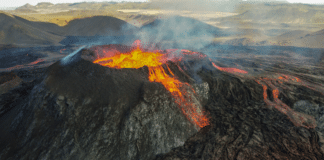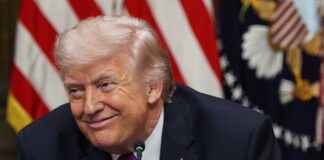The Trump administration has presented Iran with a new nuclear deal proposal, White House Press Secretary Karoline Leavitt confirmed Saturday. The plan, delivered by Special Envoy Steve Witkoff, marks the first formal offer from the U.S. since negotiations restarted in early April.
The proposal comes as the International Atomic Energy Agency (IAEA) reports a sharp rise in Iran’s stockpile of near-weapons-grade uranium, heightening global concerns over Tehran’s nuclear ambitions. According to officials familiar with the talks, the U.S. document outlines bullet points rather than a full draft agreement. It demands Iran cease all uranium enrichment and proposes a regional nuclear power consortium involving Iran, Saudi Arabia, other Arab states, and the United States.
Key sticking points remain, including Iran’s continued enrichment capacity, ballistic missile program, and support for terrorism. The proposed deal reportedly lacks provisions to address these issues or human rights violations in Iran.
The terms bear similarities to the 2015 Obama-era nuclear deal, which President Trump withdrew from in 2018. However, Trump has indicated that his proposal will include stricter inspection measures for suspected nuclear sites.
While negotiations continue, critics argue the administration’s proposal may not go far enough to curb Iran’s nuclear ambitions and regional aggression. The new offer also raises concerns that Iran could be granted a pathway to nuclear power while continuing its support for terrorism across the Middle East.
The future of the deal—and its potential impact on U.S. foreign policy—now hinges on Tehran’s response.





